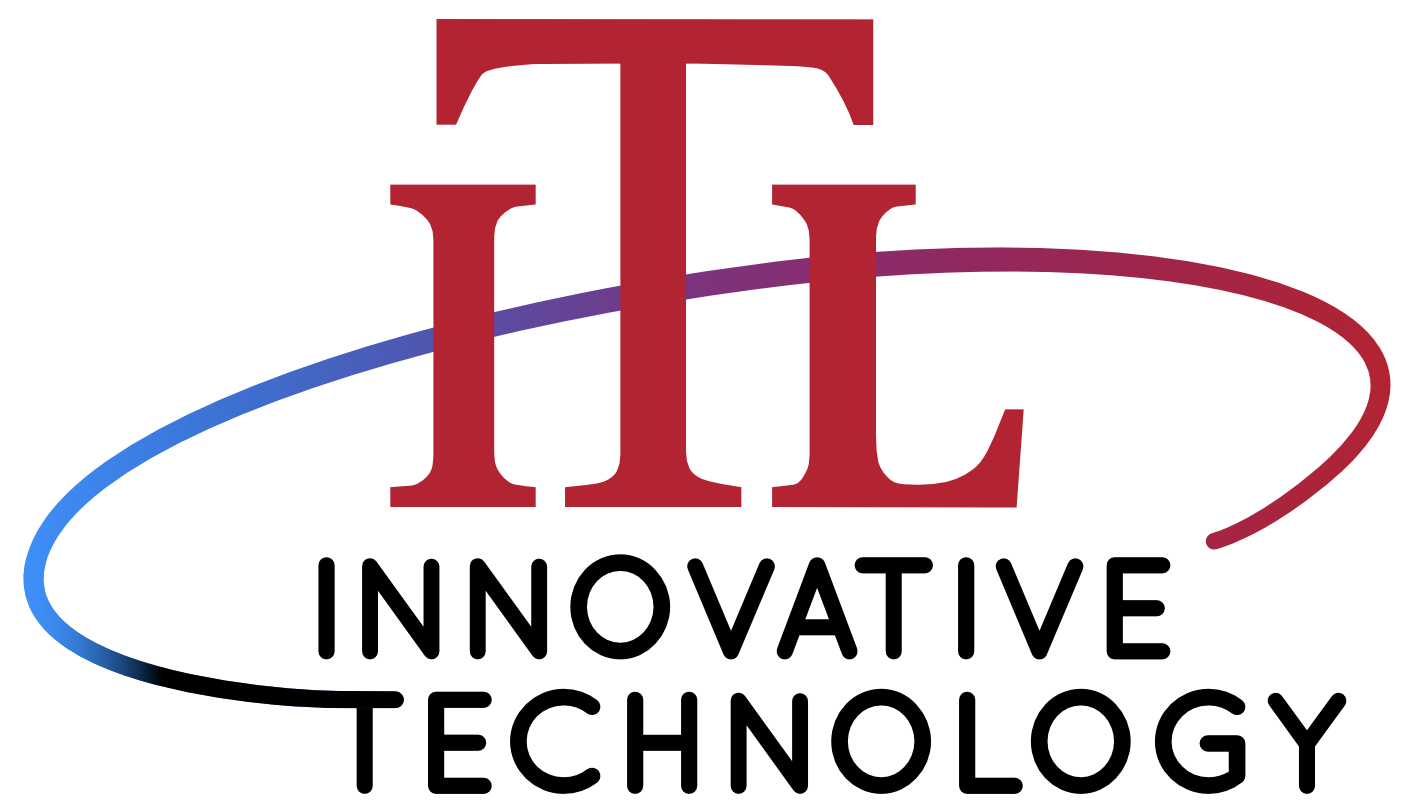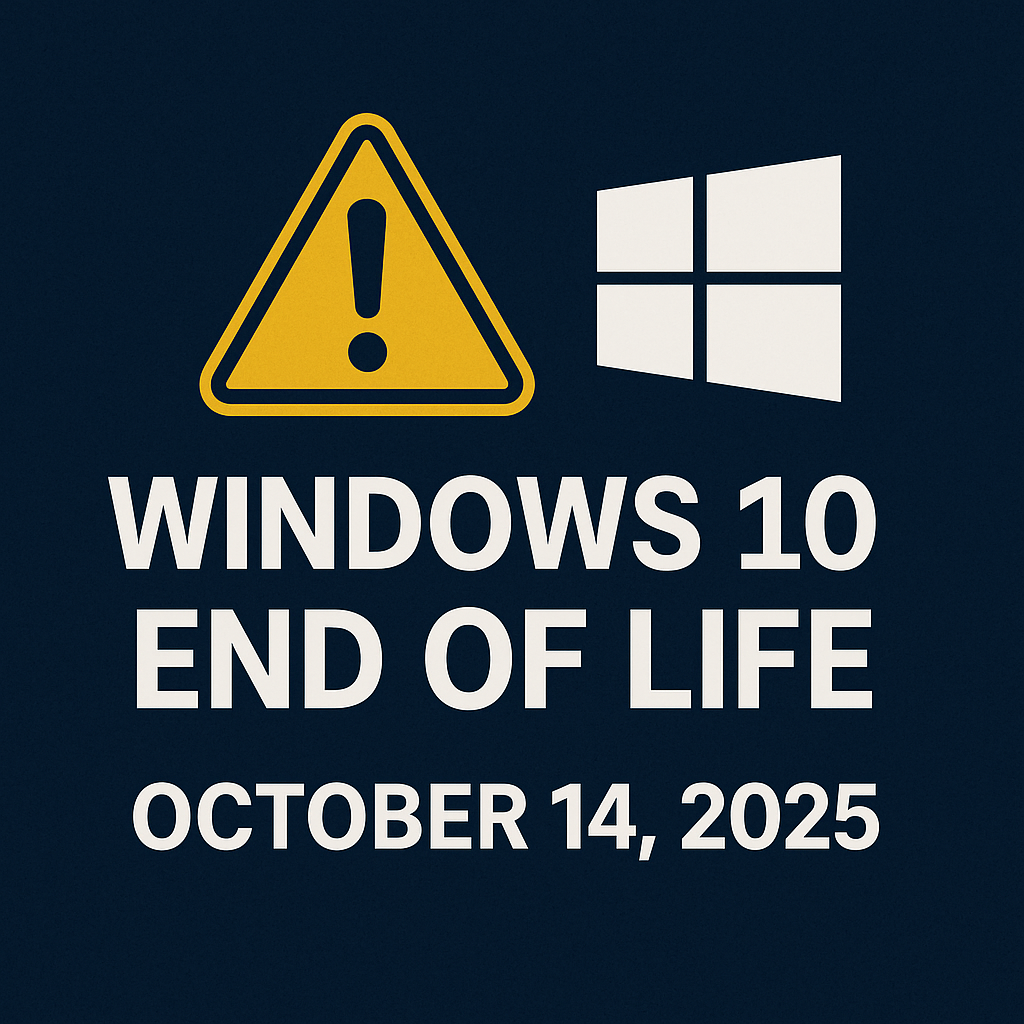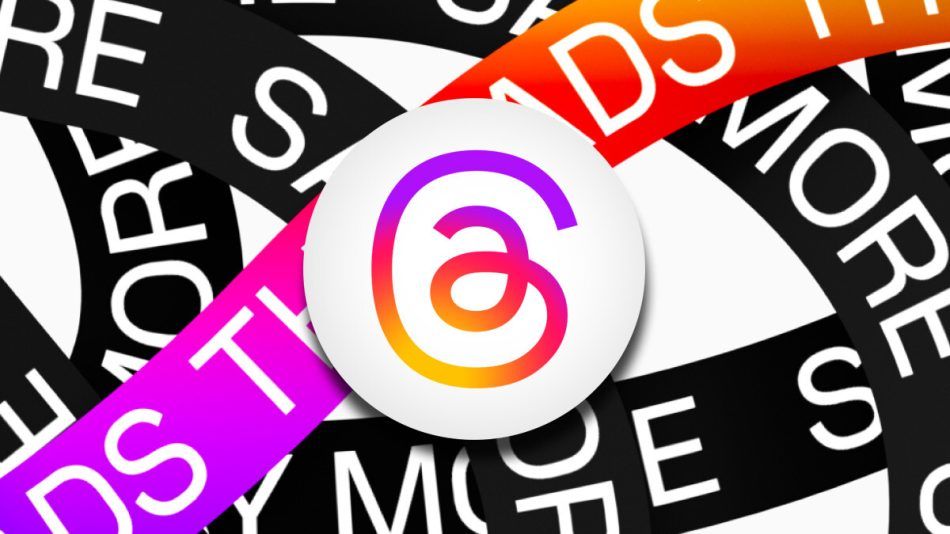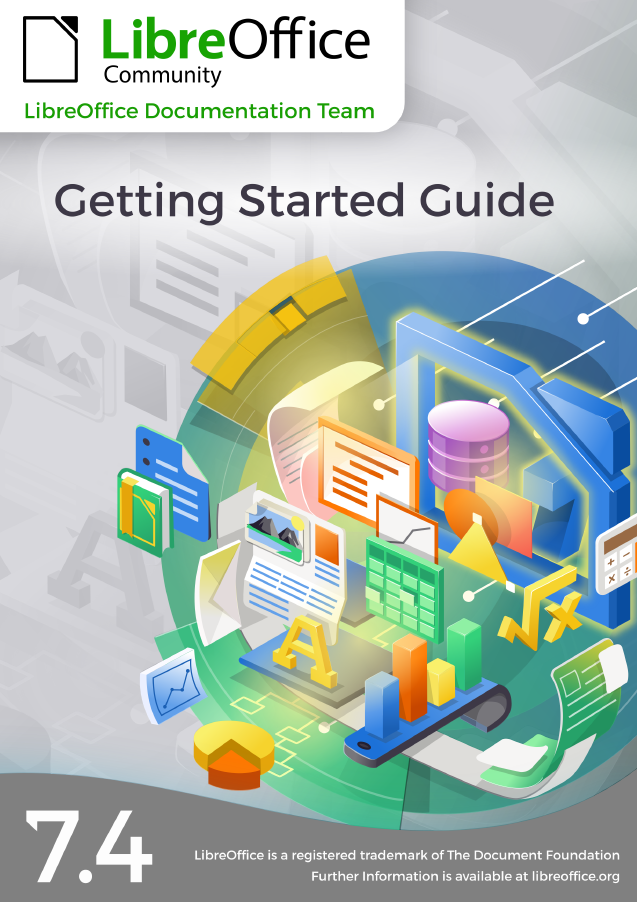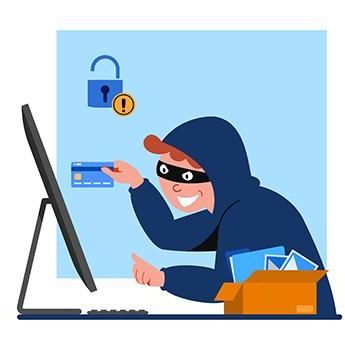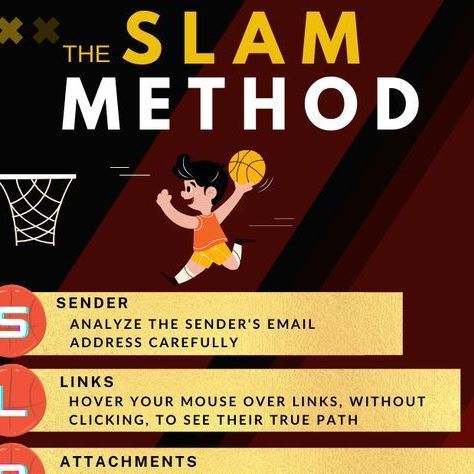For customer support call
580-243-1559
Monday – Friday, 8:00 AM to 5:00 PM.
After hours leave a voice mail.
You can always stop by our office during business hours. Computer repair walk-ins are always welcome.
The Innovative Blog
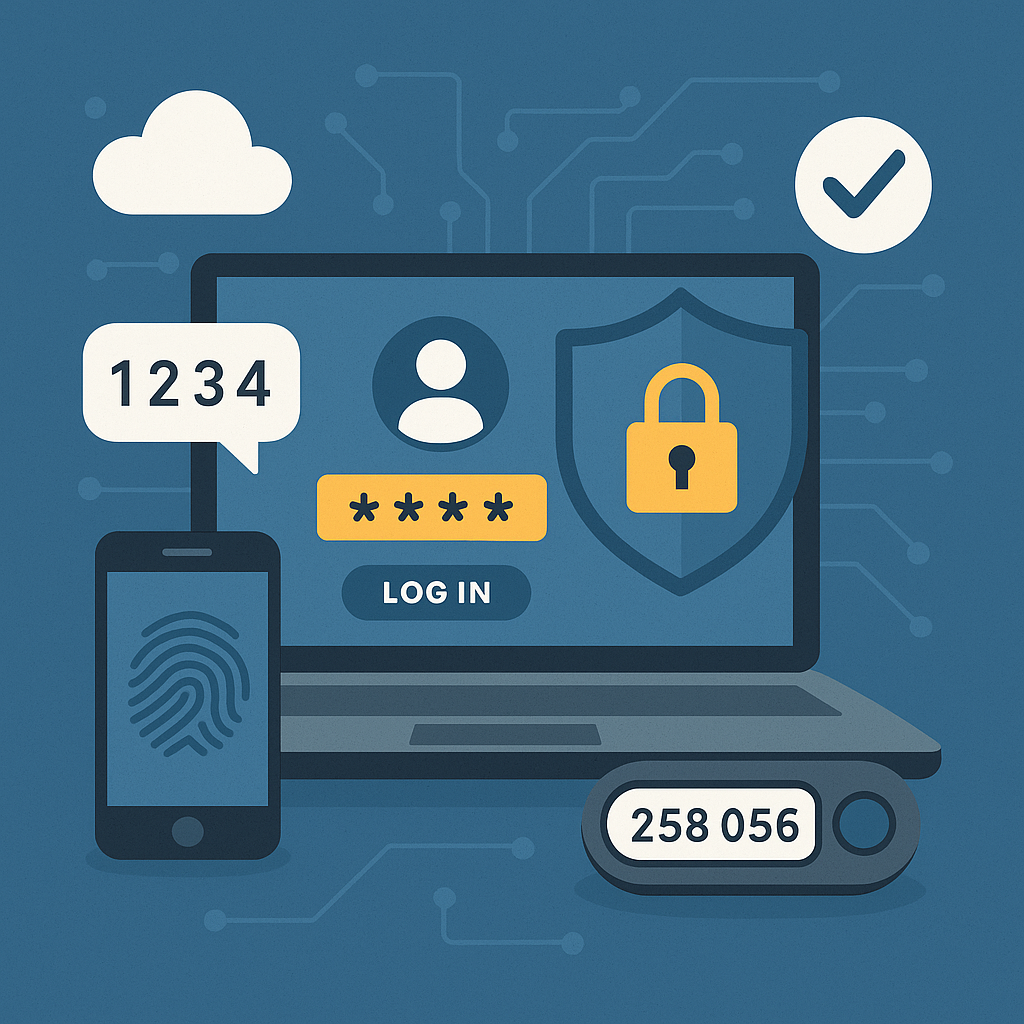
In a world where data breaches, phishing attacks, and identity theft are increasingly common, simply having a strong password is no longer enough to protect your online accounts. This is where Multi-Factor Authentication (MFA) comes in—a critical layer of security that everyone should be using. What Is Multi-Factor Authentication? MFA is a security process that requires users to provide two or more verification factors to gain access to an account or system. Rather than just asking for a username and password, MFA adds one or more of the following: Something you know (e.g., a password or PIN) Something you have (e.g., a smartphone or hardware token) Something you are (e.g., fingerprint or facial recognition) By combining these factors, MFA makes it significantly harder for attackers to gain unauthorized access—even if your password is compromised. Why Is MFA So Important? 1. Passwords Are Not Enough Even the strongest passwords can be stolen through phishing attacks, data breaches, or malware. MFA provides a second line of defense that protects you even if your password is leaked. 2. Reduces the Risk of Identity Theft With MFA, attackers can’t access your accounts just by guessing or stealing your password. This reduces the risk of identity theft and fraud across your personal and professional life. 3. Protects Sensitive Information Whether it’s your personal email, banking account, or work applications, many accounts contain sensitive information. MFA helps ensure that only you can access them. 4. Supports Regulatory Compliance For businesses, MFA is often required to comply with regulations such as GDPR, HIPAA, and PCI-DSS. Implementing MFA can help avoid legal issues and costly fines. 5. Builds Trust Users, clients, and stakeholders are more likely to trust a system that takes security seriously. MFA demonstrates that you’re proactive about protecting user data. Common Forms of MFA SMS codes sent to your phone Authentication apps like Google Authenticator or Authy Push notifications via services like Duo or Microsoft Authenticator Biometrics , such as fingerprints or facial recognition Hardware tokens , like YubiKey Is MFA Inconvenient? A common concern is that MFA adds friction. But most modern MFA solutions are fast, seamless, and designed with user experience in mind. A few extra seconds of verification is a small price to pay for the added security. Final Thoughts Cyberattacks aren’t just a problem for big corporations—they affect individuals and small businesses too. Enabling MFA is one of the simplest and most effective ways to protect your accounts. If you haven’t set it up already, start today. Your future self will thank you.
